The United States of Consumption
by Democracy Collaborative on Nov 14, 2013 | Views: 1375 | Score: 13
| By The United States | |
|---|---|
| % of World's Oil Consumed | 22 |
| % of World's Natural Gas Consumed | 21 |
| % of World's Coal Consumed | 13 |
| % of World's Population | 5 |
Sources:
garalperovitz.com

 of
of





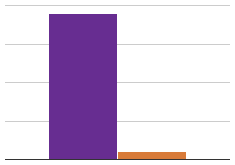
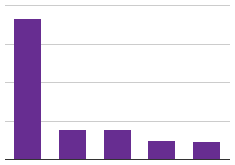
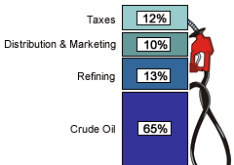
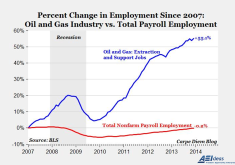
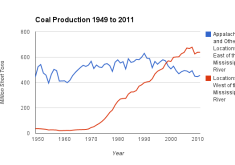
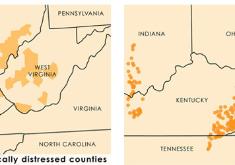
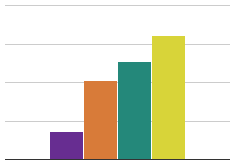
The United States, with less than 5 percent of global population, consumes 22 percent of the world’s oil, 13 percent of world coal, and 21 percent of world natural gas. From 1940 to 1976, Americans used up as large a share of the earth’s mineral resources as did everyone in all previous history.
This poses interesting social justice considerations. Are we all entitled to a share of the earth, or is the ability to buy the only prerequisite for ownership? Given that the vast majority of the world's population is in no position to utilize these resources to the extent that we do, and so there isn't exactly (yet) a scarcity issue, should it matter how much we use if not infringing on others' ability to do the same?
Perhaps more pressing, what additional responsibility does this disproportionate consumption, and resultant emissions, place on Americans in regard to alleviating man-induced climate change? Furthermore, can this consumption be justified, and so this potential burden diminished, by the technological and industrial advancements that America made during this time, which have in many ways benefited a substantially larger number of the global populace than our mere 5%? In that vein, what of our tango with the Soviets? I haven't seen the statistics, but it's an interesting thought to consider how much American consumption in 1940-1976, I presume much the result of unparalleled rises in standard of living, affected (i.e. benefiting, from a western/capitalist perspective) the global geopolitical landscape-- directly, in terms of foreign aid to fragile or fledgeling democracies; and indirectly, with regard to our hegemonic posturing, and the security it afforded our allies. Not that this excuses anything, but perhaps diffuses the burden.
Great chart. Thanks.